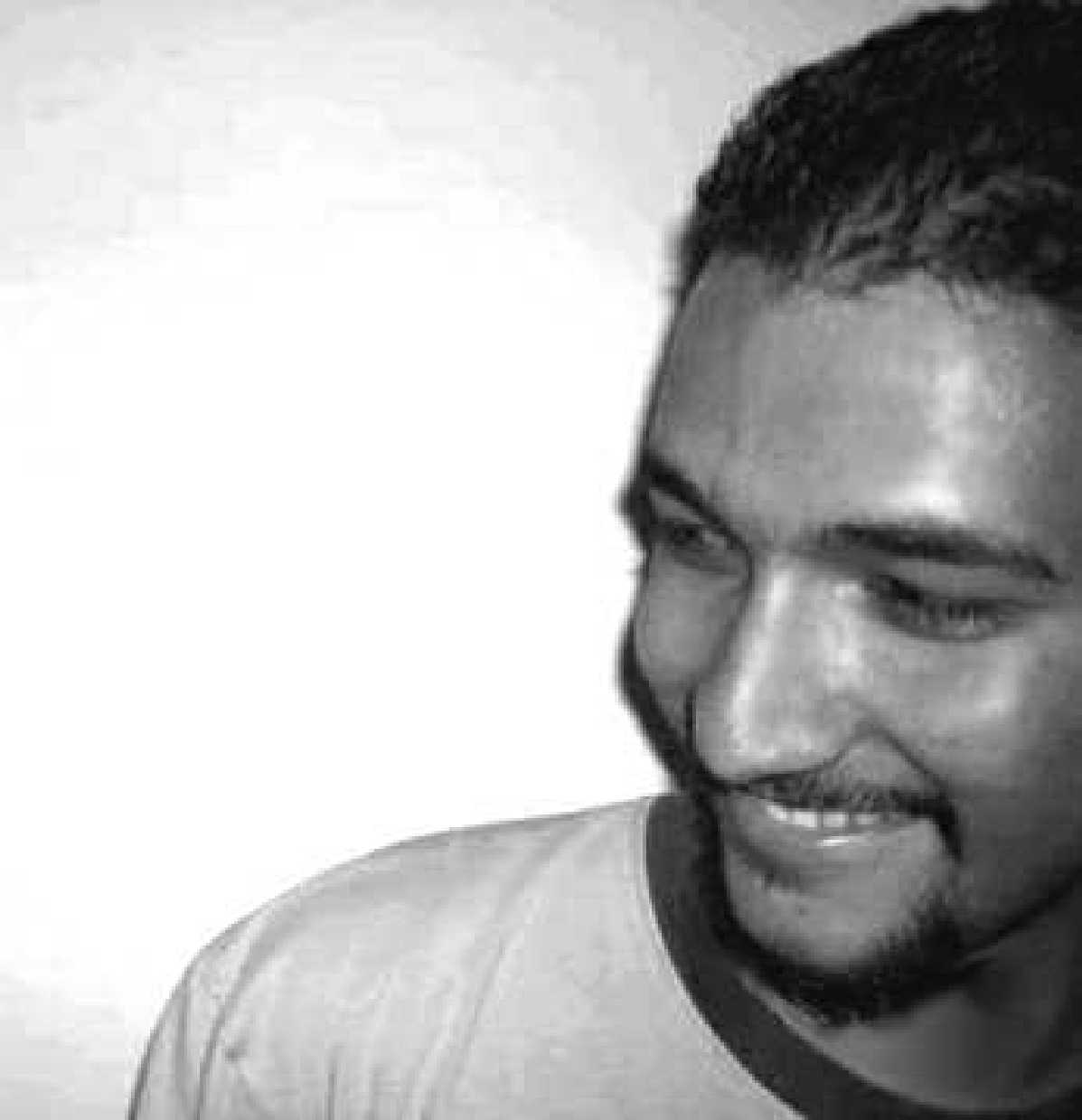 A Different Angle A Different Angle
It's impossible to become bored in Turkey nowadays (though you can feel depressed
sometimes). The political arena is full of hardly-predictable actions and decisions.
People are taking sides, labeling and blaming the "other" in different ways. The
feelings you will have about the current situation depend on which axis you stand on and
look at the current social object. By Asst. Prof Banu Helvacıoğlu's reading of Foucault,
it depends on your subject position.
You can be an active part of the sides in the discussion, attend demonstrations, and hang
a flag on your balcony...
You can have various ideas about the discussion without taking sides and share them with
other people via various methods
You can evaluate the discussion on a larger scale, using the terminology of long-term
politics...
What I'd like to do here is a little different. I want to focus on some of the unintended
consequences and indications of the past two weeks' agenda, which will leave you
dissatisfied if you want a discussion on daily manner. Again? Yes, again.
* * *
First of all, the method the Armed Forces preferred to use to publish their declaration
mustn't be skipped. Socrates gave speeches; Martin Luther hung his objections on the door
of the Castle Church. All the declarations during WW II were made through radios. And we
all know that Kenan Evren's famous speech on the morning of the September 12th Coup was
broadcast on the only television station of its time: TRT. The other Friday night, the
Armed Forces declaration was not sent to any newspapers or television stations. There
were no hard copies around: it was published on the web page of the general staff, and
nowhere else. Now do you see why I emphasize web-politics all the time?
Secondly, the fast developing events of the process proved that publishing daily news on
paper and featuring daily or weekly comments of the columnists does not function anymore.
The thing I'm doing right now on Life etc., is just a continuation of an old social habit.
Things are happening much faster than on a daily scale these days.
What made me mention this? None of the newspapers and newspaper columns was able to catch
up with the events. The columns were written and sent in the evening, and the papers were
distributed the next morning. This means while you are reading a column around noon, the
article is 15-20 hours old: out of date. If it doesn't give any important long-term ideas
via its topic or approach, it's useless.
And finally, the events proved that civil society which revealed a serious progress
against Susurluk Scandal in the 90s* is on its way towards maturity. People who gathered
in Tandoğan and Çağlayan Squares showed that, Turkish society is able to react in a
democratic way without being destructive. This is important. Because there is a line
between reacting for its sake, and reacting in order to give a message. Those people
clearly gave their message, which was far from the consequences of the 1970s
demonstrations.
All of this might seem irrelevant to all of you. The rise of the Internet with respect to
other communication tools, and the rise of civil society in Turkey with respect to other
methods of solution might be the last thing coming to your mind while you're discussing
Baykal and Erdoğan. But in the long run, I believe, they will be as influential as daily
politics, if not more so.
* Prof Ümit Cizre, Contemporary Turkish Politics course (2006 Spring Semester).
İsmail O. Postalcıoğlu (POLS/IV)
ismail_orhan@yahoo.com
 |







